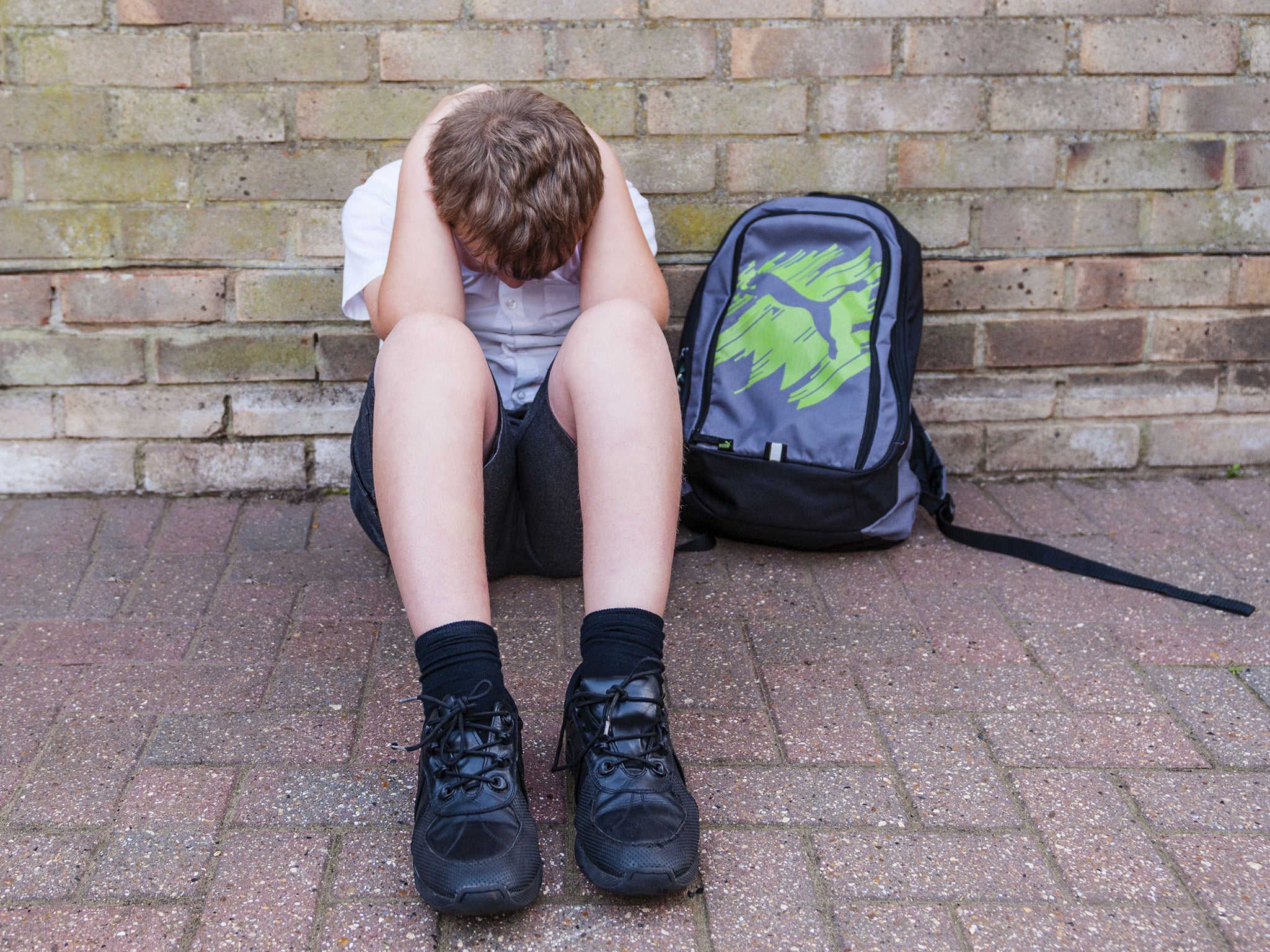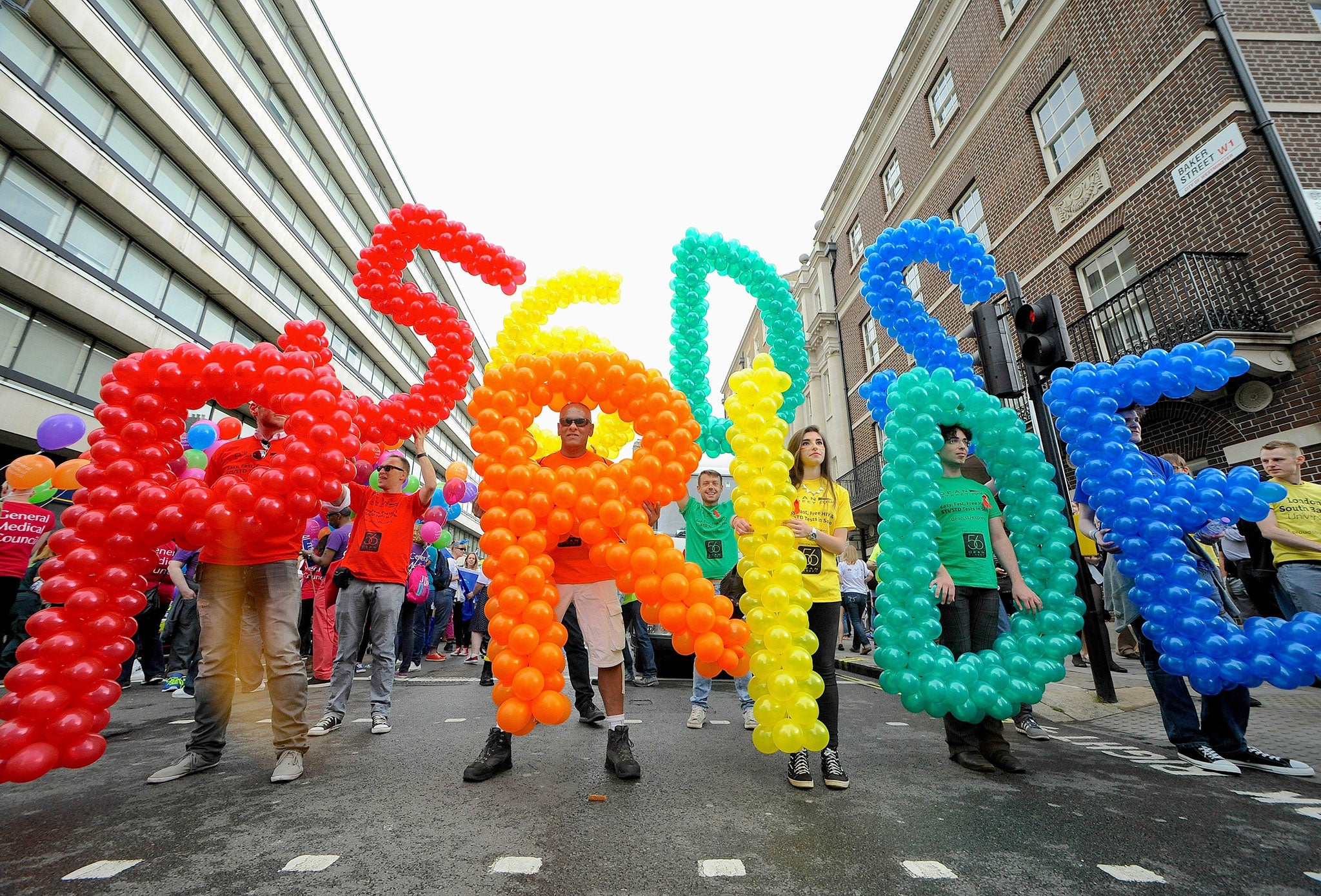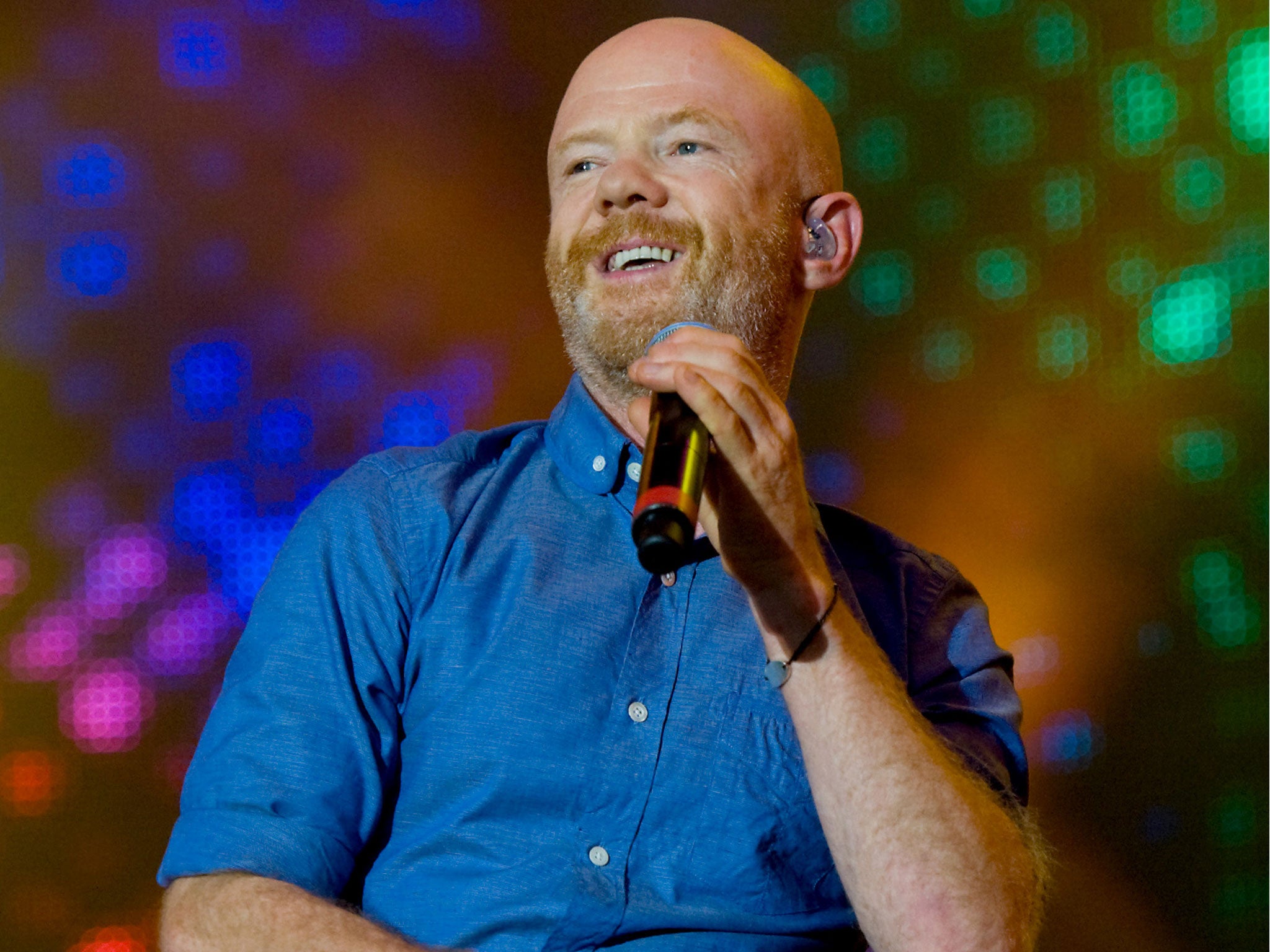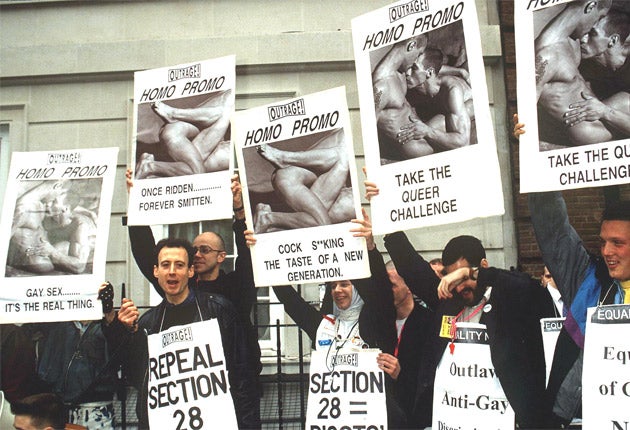Homophobic abuse in schools is not the fault of the students – it’s the fault of the schools
Neglect, prejudice and invisibility in the classrooms and playground is a way of life for LGBT children

Almost two-thirds of LGBT people in schools have experienced homophobic bullying - or hate crimes as these incidents would be called were they to occur off the playground – this year.
It’s currently anti-bullying week and while this is an excellent opportunity to raise awareness and educate pupils, for too many LGBT students it’s simply a short reprieve in what is otherwise an environment of neglect, prejudice and invisibility.
Ofsted now scrutinises schools on their ability to tackle homophobic bullying, yet 80 per cent of secondary school teachers say they haven’t received any specific training for doing so, and 88 per cent don’t even realise such assessments exist. If a pupil asks a question about sexual orientation one in five teachers say they wouldn’t feel confident responding, while nearly half wouldn’t know where to direct an LGBT student for advice about same-sex relationships.
These statistics and more from Stonewall’s most recent school report suggest too many teachers lack the confidence, skills and knowledge to deal with bullying and talk to students about LGBT issues. For Tony Fenwick, co-chair of Schools OUT and CEO of LGBT History Month, the situation is untenable.
“Every single police officer has to go through equality and diversity training before they can go out on the beat, but teachers just don't have that,” he says. “There's no compulsory, mandatory or statutory training on LGBT issues, and that just isn’t good enough.”
“We tend to think that teachers know about everything, especially when it comes to sex and relationships education. But I’m an English teacher; I couldn't walk into a class and start teaching A-Level physics - I wouldn't know where to start. So how can you expect me to talk in citizenship or PSHE or SRE, things outside my remit? We need training, there's no question about that.”
When Elly Barnes was made head of year seven at Stoke Newington School in 2005, she saw an opportunity to eradicate homophobia. She set about promoting a new ethos and culture, while creating a more inclusive curriculum with the help of other faculty members; maths lessons looked at LGBT statistics, the rainbow flag was recreated in DT, and the English department ran a project on queer theory. Every subject got involved; as a music teacher herself, finding such material was hardly a challenge.

In one lesson Barnes played the video to Jimmy Sommerville’s Smalltown Boy’, which narrates the true story of his being attacked by a gang and rejected by his parents because of his homosexuality. Poignant and groundbreaking, the track became both a commercial success and gay anthem; 30 years on its power to shock hasn’t dwindled.
“When I played this to my year sevens their response was ‘well why are they beating him up, why are they throwing him out, what’s he done wrong, so what if he’s gay?’,” she recalls. “That wasn’t the reaction I was expecting at all, but the penny absolutely dropped. This is not a problem with the kids, this is a problem with the adults. Section 28 was repealed 11 years ago but there’s still some sort of legacy of fear. We’re simply not including LGBT issues in the curriculum.”
With her fresh-faced group of year sevens the issue wasn’t rehabilitation, but prevention. Like any form of discrimination, homophobia is learned, and transforming the environment of apathy and ignorance which allows it to thrive became Barnes’ goal.
A decade on from that 80s synthpop music lesson, and her brainchild, Educate and Celebrate, is one of the most successful teacher-training programmes in the country, helping schools build inclusive curriculums, celebrate diversity, create age-appropriate resources and generally make the invisible visible.

Programmes like Educate and Celebrate do this through "usualising" and "actualising", with the former focusing on acclimatising students and teachers, removing the threat of difference and making references to anything LGBT into an everyday occurrence - and the latter exposing students to more in-depth learning and specific lessons devoted to examining LGBT issues. It could be as ambitious as holding a Pride celebration or as subtle as an off-the-cuff comment about Siegfried Sassoon’s homosexuality.
“I did an assembly where we introduced students to the terms and discussed what they meant, because we're still very scared of using these words in schools,” says Barnes. “We got everyone to shout out ‘LGBT’ and ‘lesbian, gay, bisexual and trans’ just to see how it felt. I wanted to eradicate the fear around using them and encourage their use in a positive sense. Some teachers are still uncomfortable with using that language in the classroom, so we need to decide on definitions we’re all happy and comfortable with.”
Section 28 may now be confined to the past but in certain classrooms its chokehold remains, with some teachers believing they could be sacked for mentioning homosexuality and over a third having never addressed issues of sexual orientation at all. Such uncertainty means many LGBT teachers remain discreet about their sexuality, worried that coming out will jeopardise their position. For the schools themselves it’s the punitive culture and fear of reprimand that paralyses them, inhibiting their ability to improve their approach to tackling bullying.
“The whole atmosphere is about punishment and failings,” says Fenwick. “As a school you cannot say ‘we need some support with this’ without someone coming in and telling you ‘you’re failing here so we’re putting you on special measures’ or ‘that teacher doesn’t know who to deal with this so we’re putting them on capability procedure’. When you create an environment like that what happens? You cover up. Schools aren’t dealing with homophobia effectively but if they admit that they’ll get in trouble.”

“When the Government came in they were good at highlighting the problem of LGBT bullying and the need to empower teachers to deal with the bullies, but they always saw it as a punitive process. I don't think they looked far enough into the importance of celebrating diversity and making people more aware of it.”
Both Tony Fenwick and Elly Barnes made the Independent's 2014 Rainbow list this month, a testament to the progress they’ve made in tackling homophobic bullying. Despite their successes though they’ve only managed to reach a fraction of the schools and teachers they want to. Nicky Morgan’s recent £2 million pledge will hopefully help expose more students to their work, but the Department of Education cannot rely on this alone to stop homophobic bullying.
Demanding teachers deal with homophobic bullying but not showing them how is no different to expecting a pupil to pass an A-Level French exam having never been taught French. Statutory training for teachers at PGCE level, an LGBT inclusive curriculum and age appropriate Sex and Relationship Education programme are just a few of the pragmatic solutions that have already been called for but still unimplemented. If the Government is serious about tackling homophobic bullying and banishing the spectre of Section 28 once and for all it needs to do what it expects of teachers and lead by example.
Join our commenting forum
Join thought-provoking conversations, follow other Independent readers and see their replies
0Comments